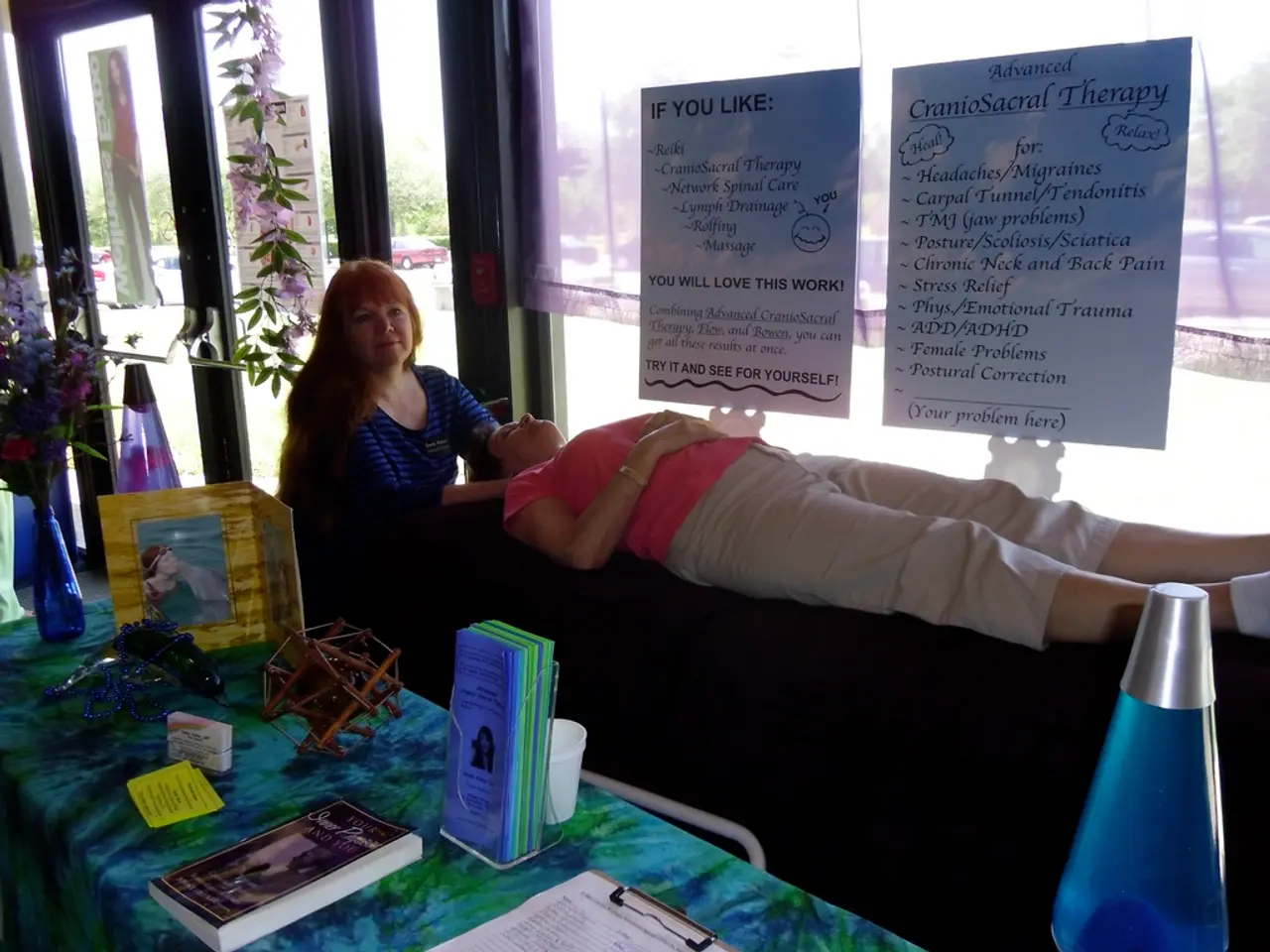Strategies to Enhance Mental Agility and Adaptability
In today's rapidly changing world, the ability to adapt and think flexibly is more important than ever. Cognitive flexibility, the capacity to switch thoughts or adapt perspectives in response to new information, is a valuable skill that can be honed through a variety of mental practices and lifestyle habits.
Challenging your beliefs can help identify if they are limiting your options. Engaging in conversations with people who hold different views can challenge assumptions and foster understanding, broadening your understanding and enhancing cognitive flexibility. Prioritizing options based on criteria and being prepared to modify your plan as new information arises is also crucial.
One effective strategy for enhancing cognitive flexibility is mindfulness meditation. Regular practice helps calm the mind, improve focus, reduce stress, and foster psychological resilience, all of which support cognitive flexibility. Engaging in diverse and challenging activities, such as learning new skills or playing role-playing games, also builds mental agility by forcing your brain to solve new problems and adapt.
Brain-training puzzles and games, like Sudoku, crosswords, memory match games, or strategic board games like chess, challenge your problem-solving and critical thinking abilities, thereby improving cognitive flexibility. Regular social interaction is another key factor in fostering cognitive flexibility, as it requires processing information rapidly, adapting to different viewpoints, and recalling memories.
Regular physical exercise, reading and writing, and setting work-life boundaries are other techniques that indirectly support cognitive flexibility by enhancing brain function, concentration, and processing speed. Balancing focus and downtime prevents cognitive overload and mental fatigue, maintaining your brain’s capacity to adapt and switch tasks effectively.
Journaling allows for clarification of thoughts and reflection on experiences, while embracing change actively improves adaptability. Consistent practice reinforces learning, and reading diverse literature provides insights into varied experiences. Writing about challenges and emotions fosters deeper understanding, and developing a systematic decision-making process enhances the ability to pivot effectively. Incorporating regular feedback from others can help break down mental barriers and encourage flexibility.
In summary, combining mindfulness practices with diverse mentally stimulating activities such as puzzles, role-playing games, continuous learning, and social interaction creates a comprehensive approach to enhancing cognitive flexibility. Consistency in these activities strengthens the brain's adaptability, problem-solving skills, and resilience to stress. Embracing change, accepting discomfort, and developing a growth mindset are key to navigating the challenges we experience in life.
- Engaging in journaling enables clarification of thoughts and reflections on experiences, contributing to the enhancement of adaptability.
- Prioritizing diverse mentally stimulating activities, like puzzles, role-playing games, continuous learning, and social interaction, builds cognitive flexibility by challenging the brain.
- Cultivating a growth mindset is crucial in embracing change and navigating the challenges of life, also aiding in the improvement of cognitive flexibility.
- Adopting a systematic decision-making process enhances the ability to pivot effectively, and writing about challenges and emotions fosters deeper understanding, both key factors in mental-health and personal-growth.
- Consistent feedback from others can help break down mental barriers and encourage flexibility, providing support in the area of education-and-self-development.
- Engaging in mindfulness meditation can help calm the mind, improve focus, and foster psychological resilience, indirectly supporting executive function and attention.
- Promoting regular physical exercise, reading, and setting work-life boundaries all contribute to enhancing brain function, concentration, and processing speed, indirectly supporting cognitive flexibility in health-and-wellness.




